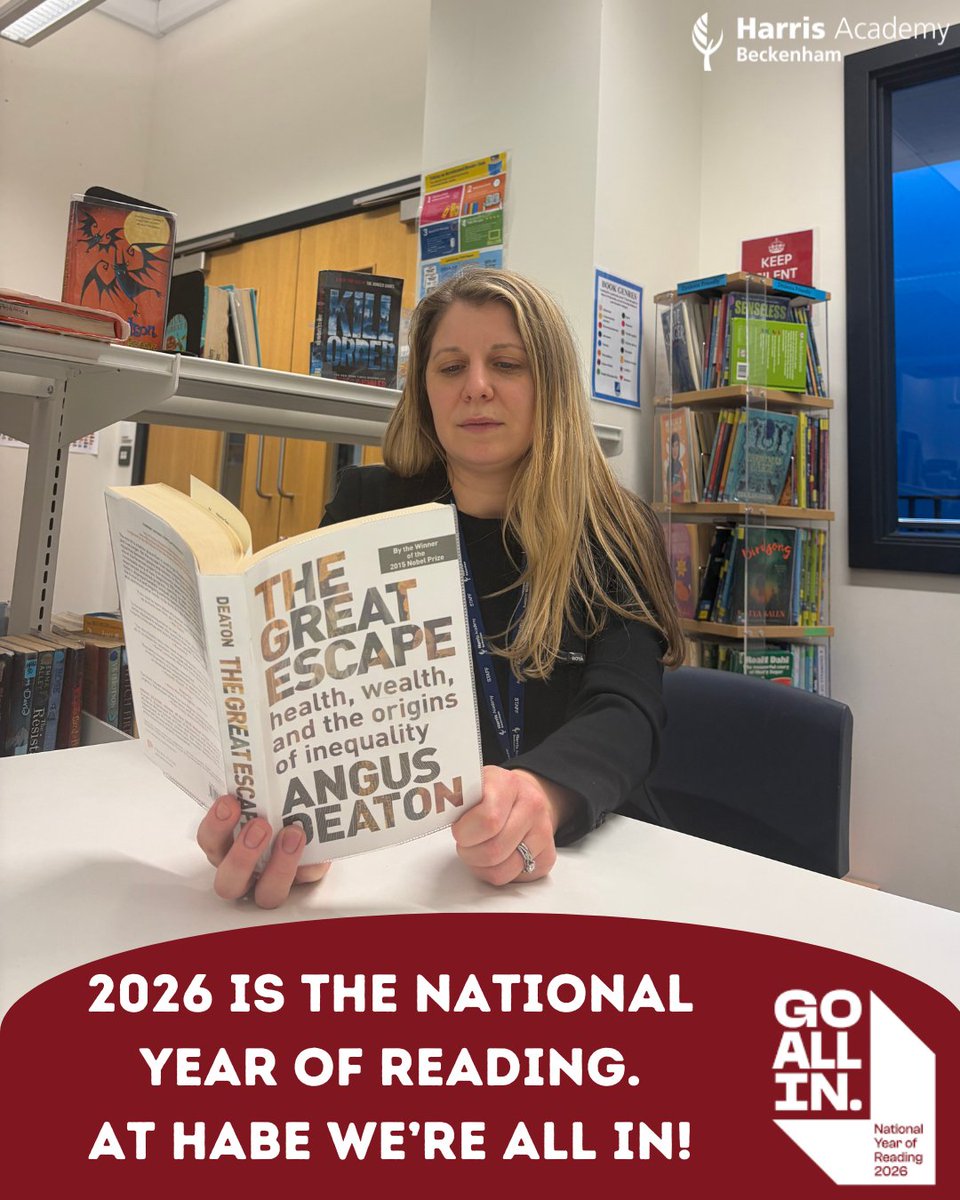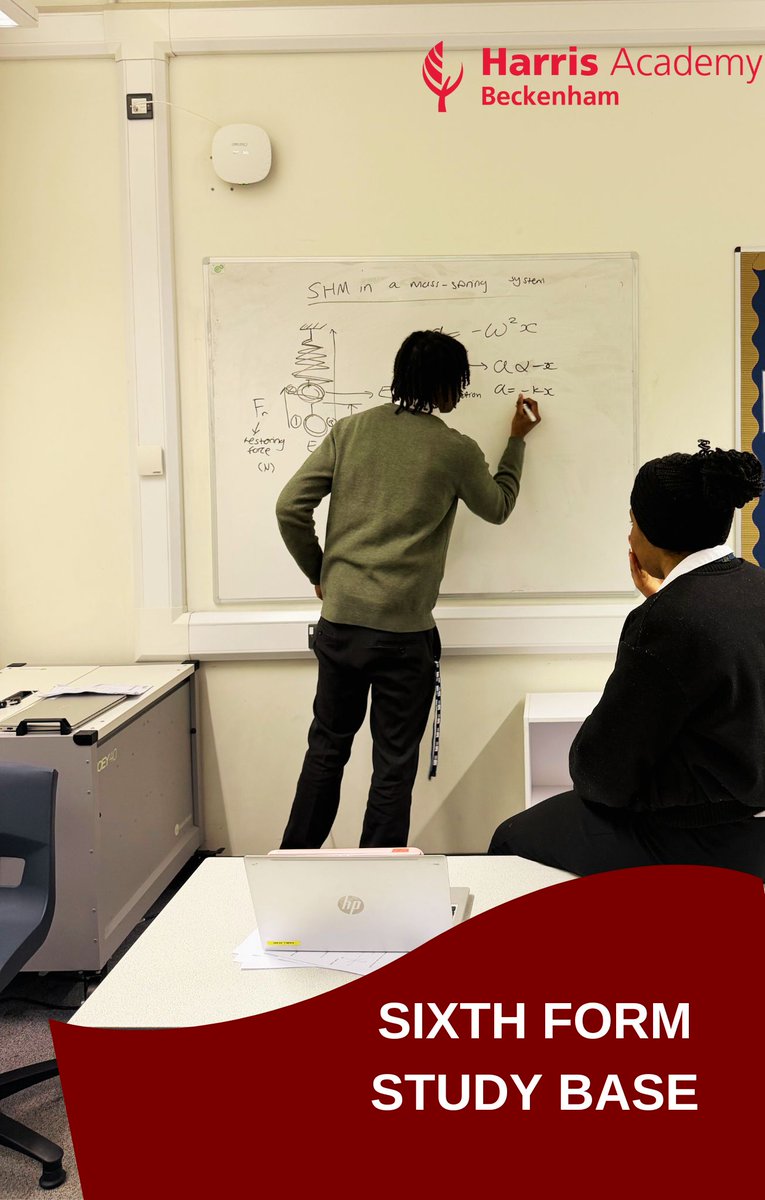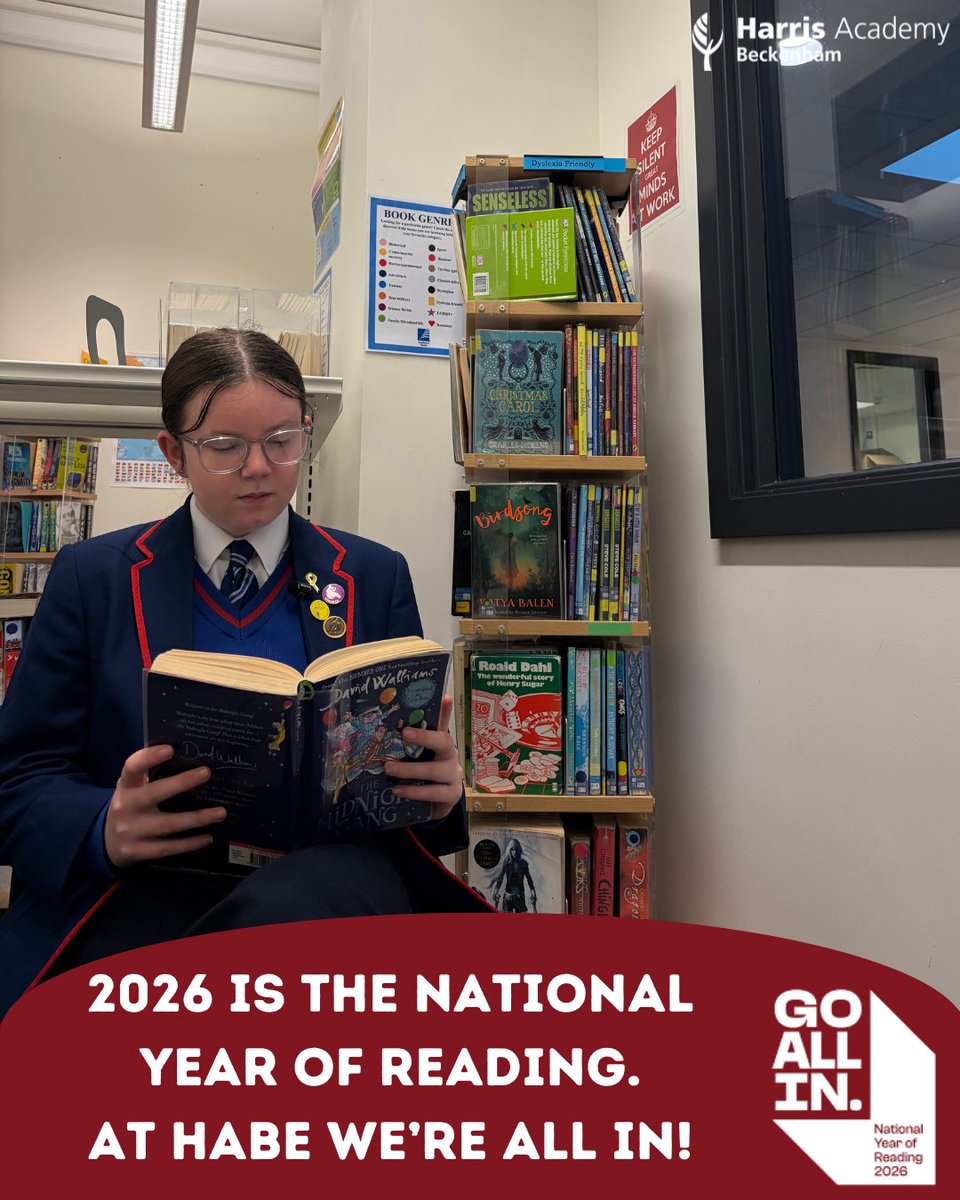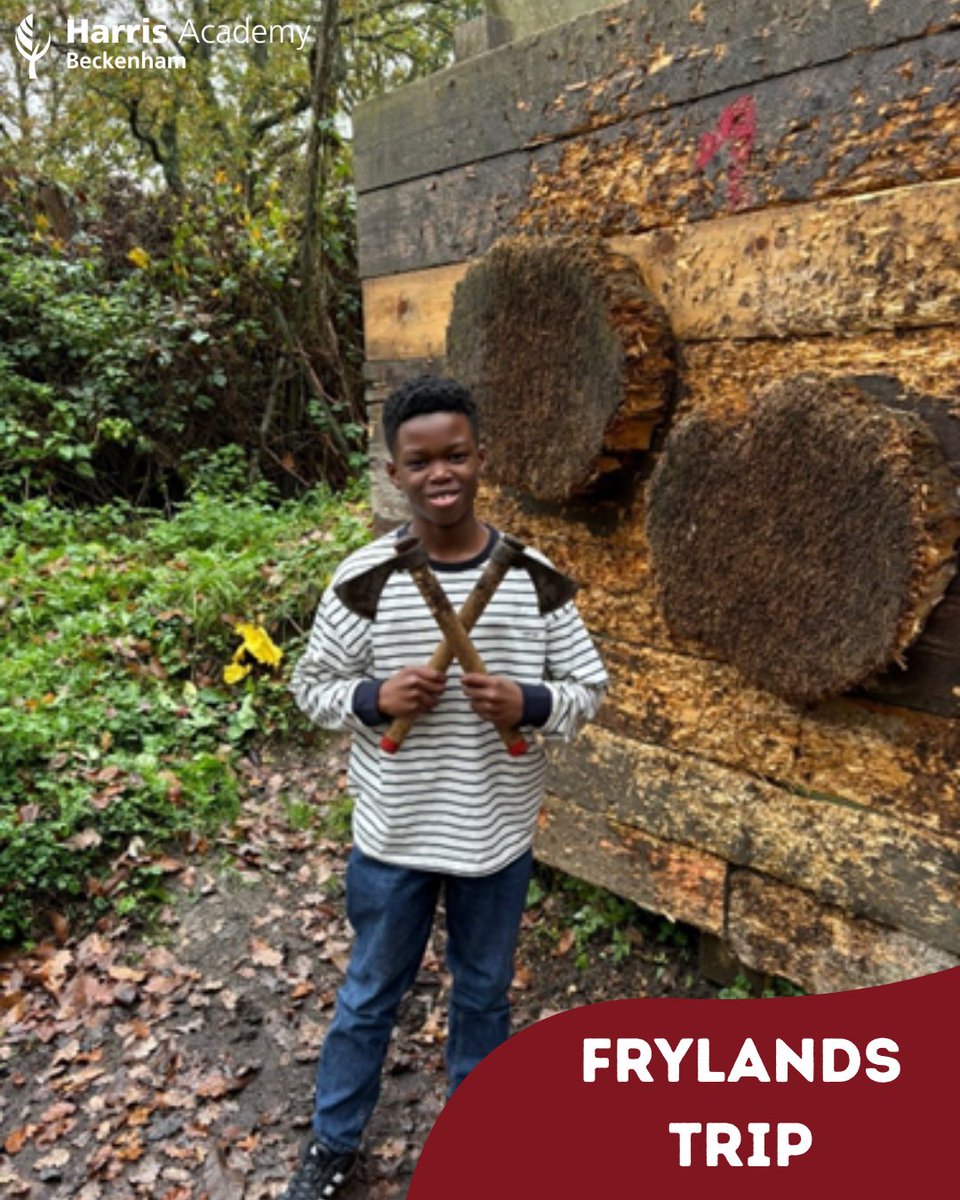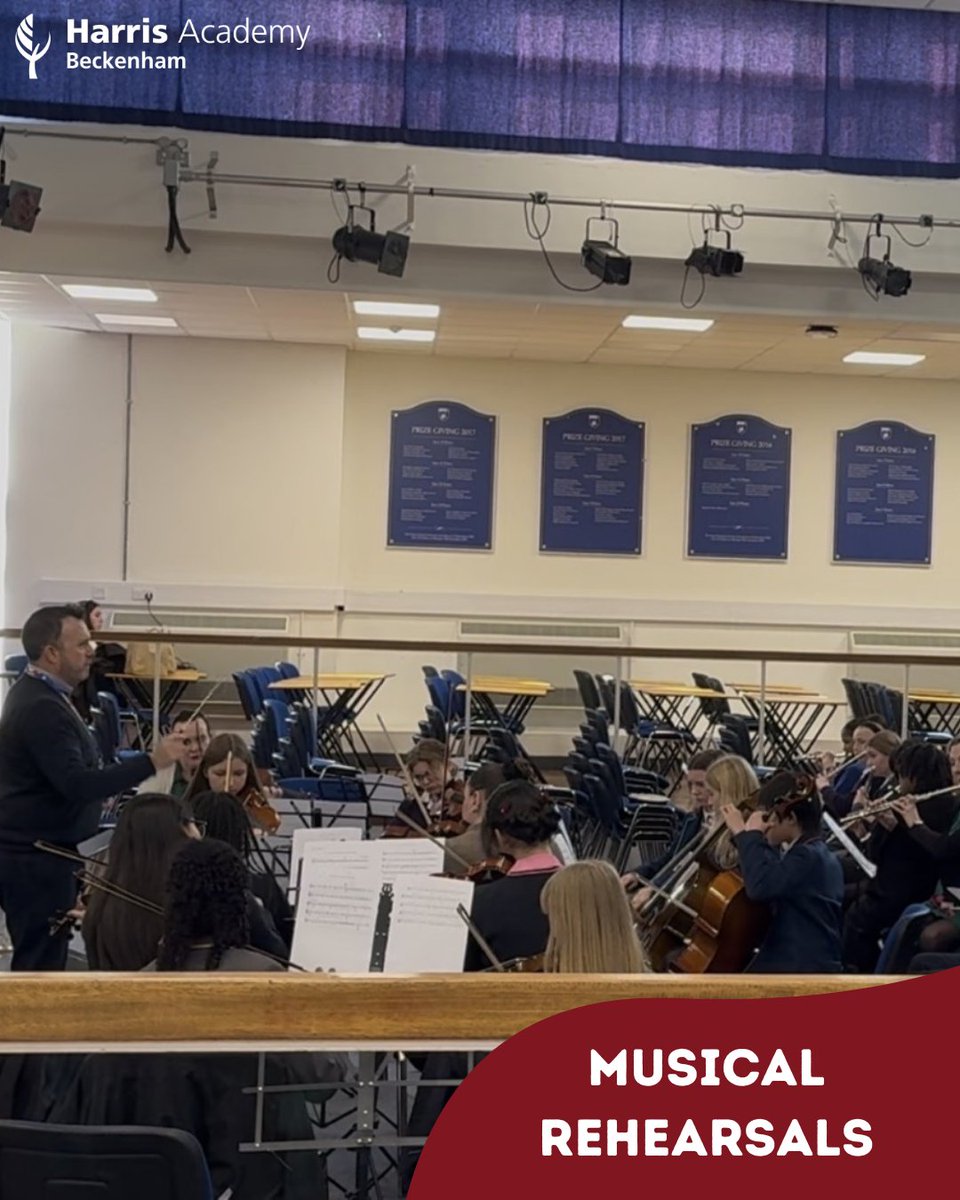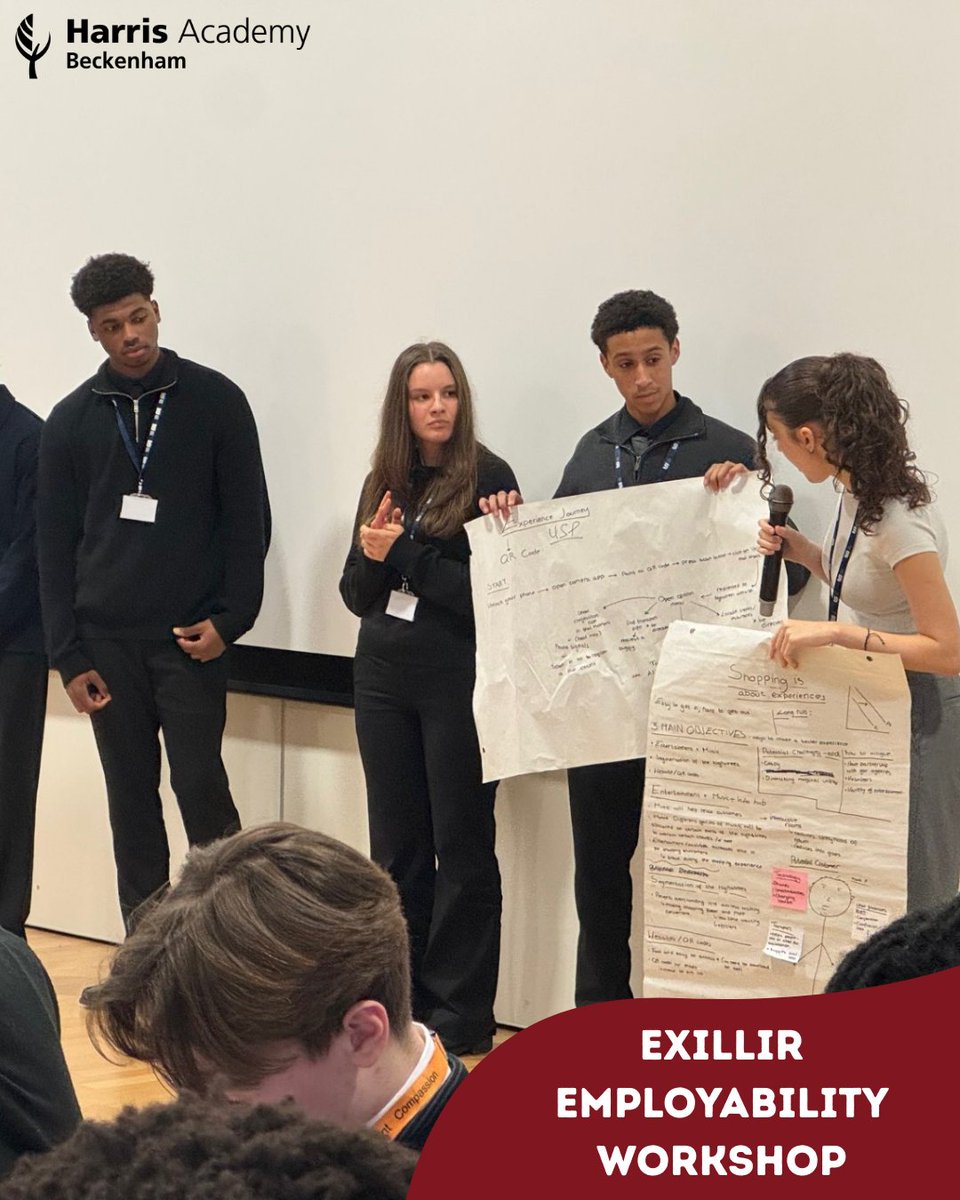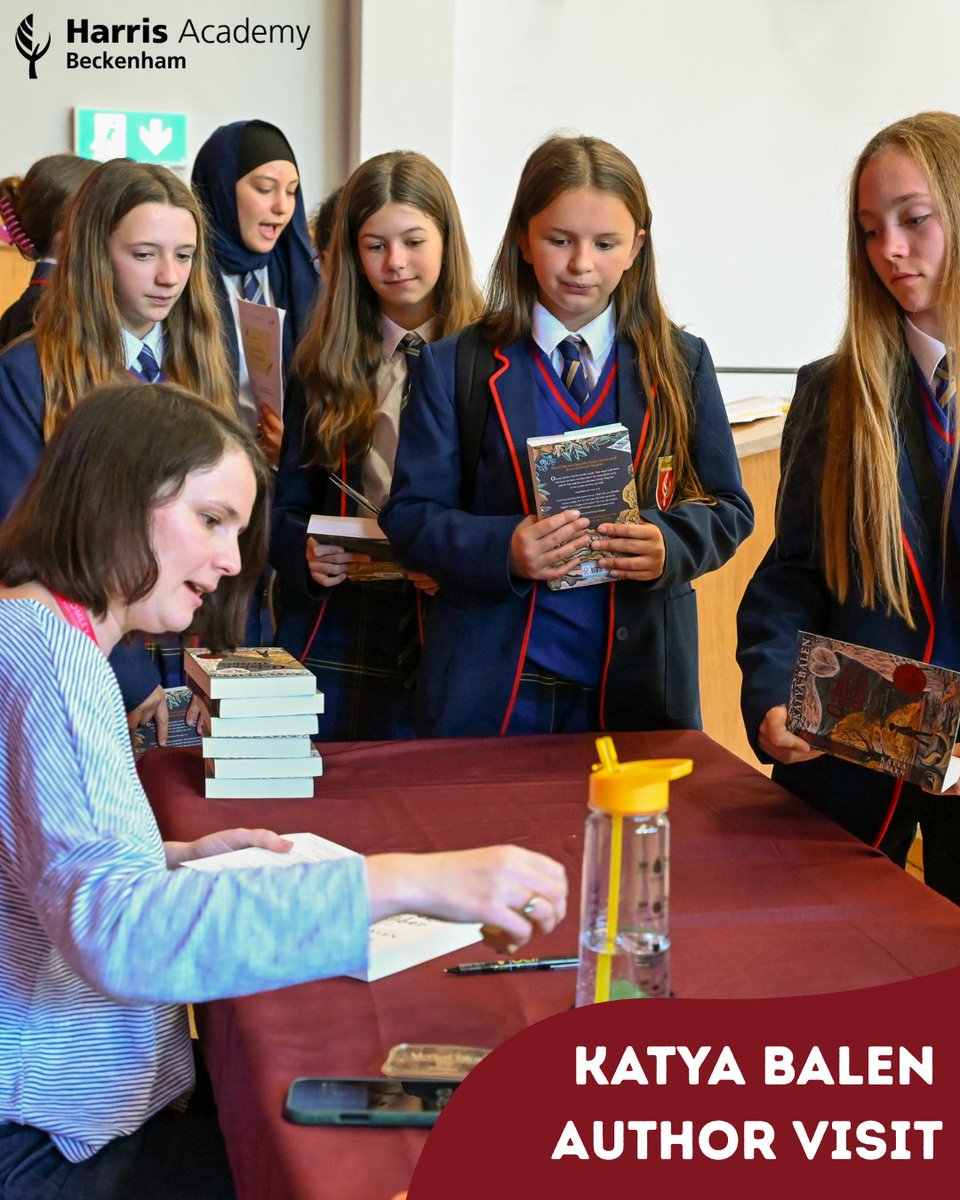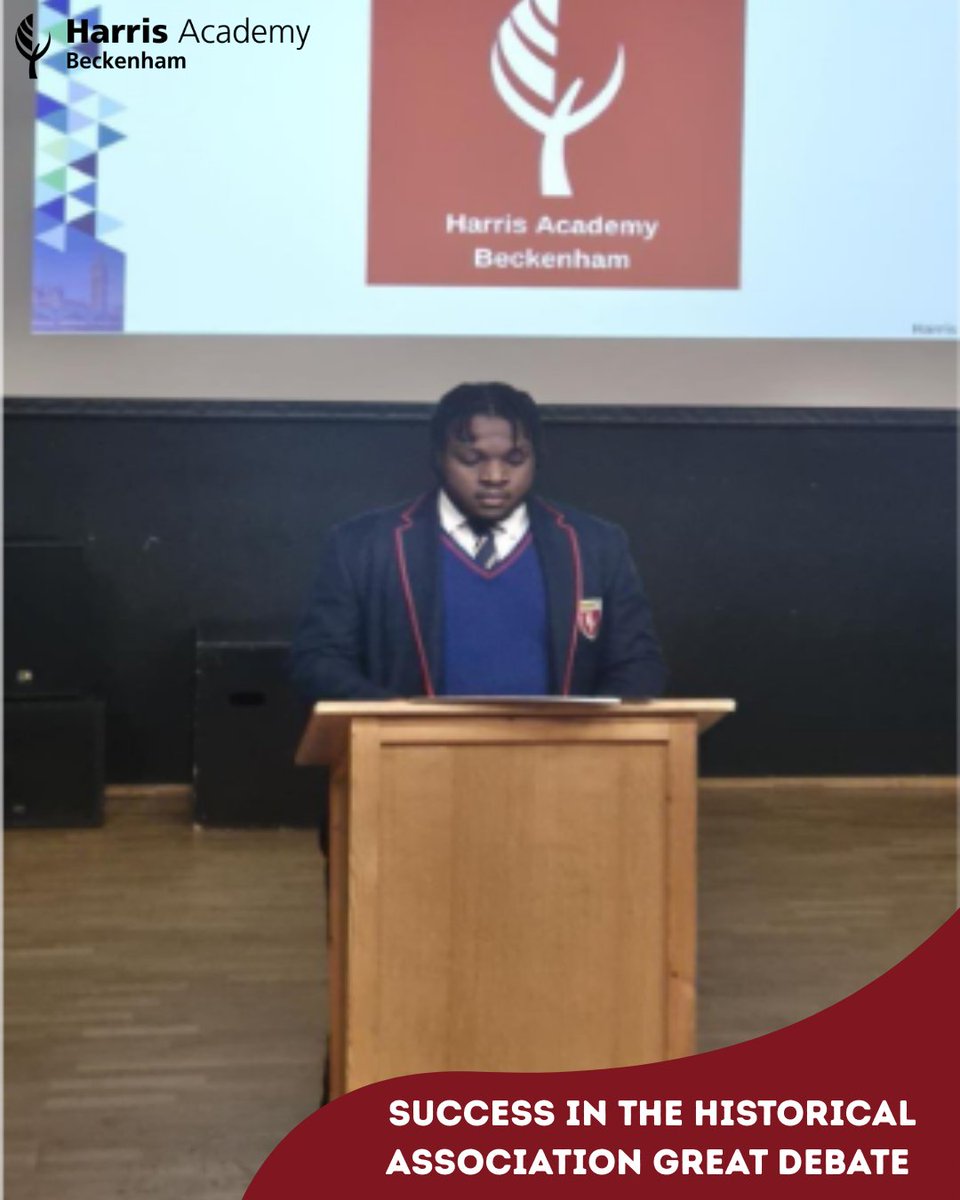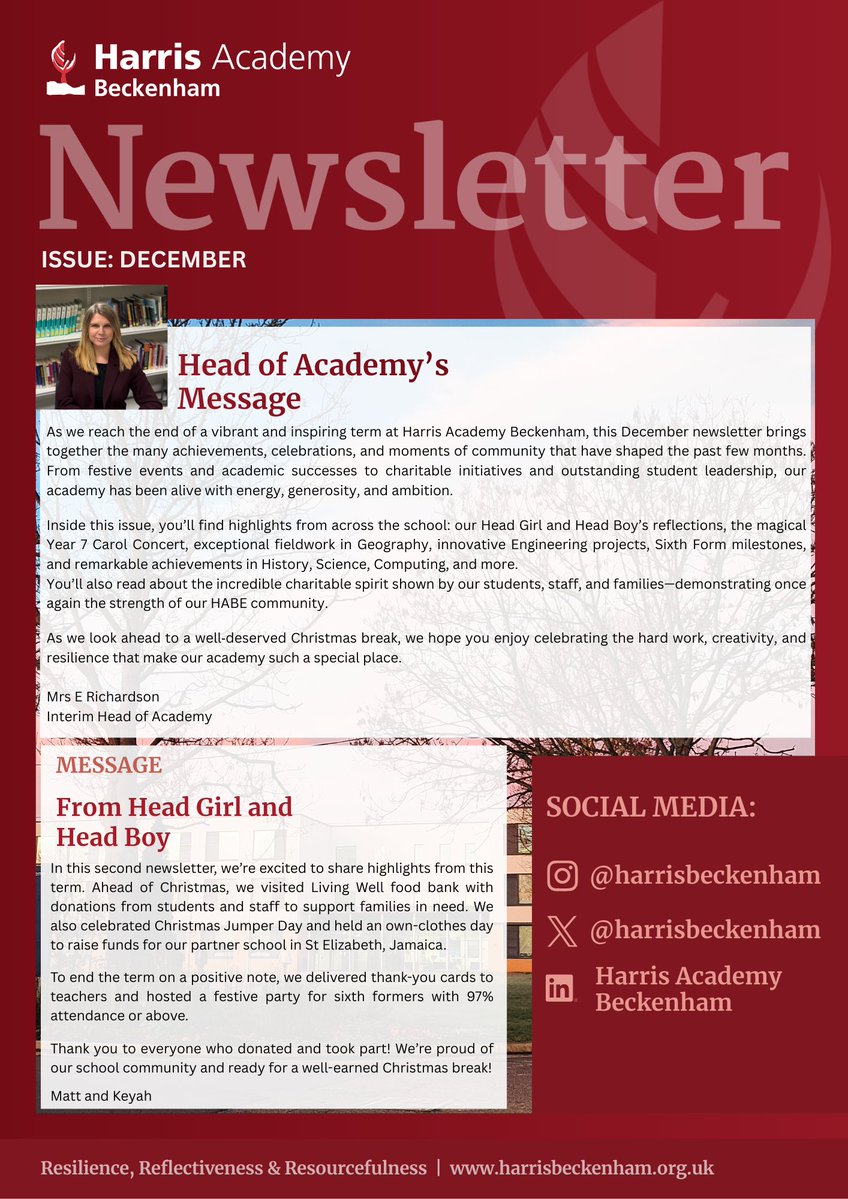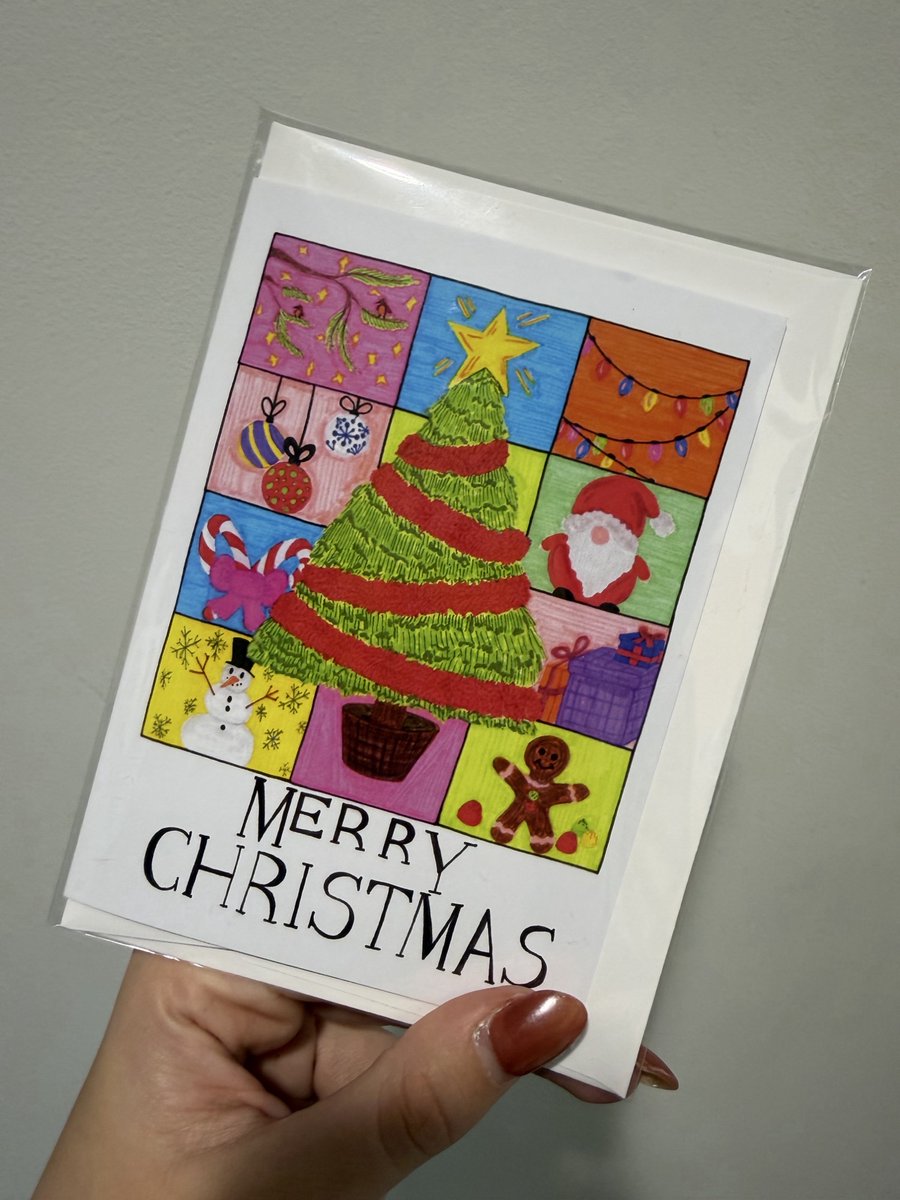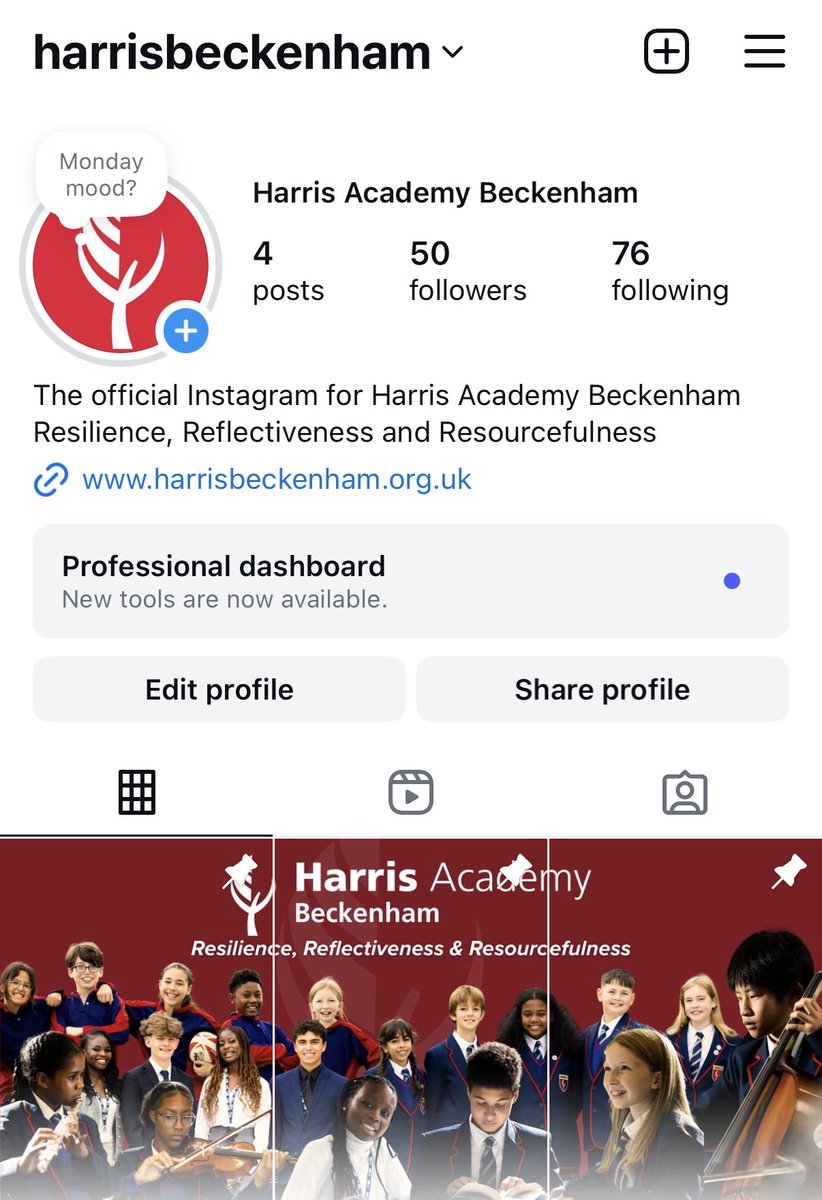Music
Curriculum intent
Music is a universal language that embodies one of the highest forms of creativity. Our high-quality music education will engage and inspire students to develop a love of music and their talent as musicians. As students’ progress, they will develop a critical engagement with music, allowing them to compose, and to listen critically.
Music can be separated into three different disciplines – performing, composing, and listening and appraising. The three branches of Music are taught and developed together with the aim to build personal skills that students can draw upon to succeed, not only in music lessons but also beyond school life and in future employment.
The life skills that are developed, and are at times explicitly taught, are an integral part of the development of the subject specific skills as well as creating well-rounded individuals. The core principles that are developed would include: problem-solving, perseverance, diligence, teamwork, time management, organisation, responsibility, cultural history, listening skills, confidence, social skills, discipline, self-evaluation, interpersonal skills, sense of achievement.
Opportunities are embedded for students to be able to hone and develop the practical aspects of performance and composition, but equally important is the ability to understand how the development of life skills, such as confidence, self-awareness, perseverance and discipline give them a holistic experience that they can take beyond their musical studies.
For further details of the Music curriculum please see the documents at the bottom of the page or contact Mr. C. Argyrakis.
Implementation
The curriculum is structured based on the expectations for GCSE; key concepts and skills required by the end of these courses are fed down into schemes of work from Year 7 upwards. This is designed to raise expectations and standards from the start of Key Stage 3 and ensure that musical knowledge is being understood both practically and theoretically.
Within our curriculum, we include a range of musical genres to explore diversity and a range of social, historical and cultural contexts to encourage tolerance and understanding. We aim for students to attend regular outings to inspire them creatively and to develop their cultural capital. Along with the performance element of music, students will develop their analytical minds whilst communicating effectively through written and oral means.
To support the music curriculum and to ensure students are honing their musical skills outside of the classroom, there are several extra-curricular music programmes being run, such as a choir, Big Band, Steel Pan Band, keyboard club, ukulele club. In addition to this, students will have the option to attend weekly Peripatetic sessions lead by specialist Peripatetic teachers.
Impact
Successful implementation of the music curriculum will be evident in student outcomes. Students will demonstrate a development in confidence and self-esteem, with many participating regularly in music enrichment activities within the academy and beyond. Students will have developed detailed musical knowledge and skills across the whole music curriculum, where students have become critical listeners and performers and expressing themselves with a plethora of key Drama skills and terminology. This will be formatively assessed with regular verbal feedback during the lesson to ensure all students are developing and making progress. Additionally, summative assessments will be conducted for a combination of practical and theoretical work to ensure students are achieving within all elements of the subject. Data will be analysed regularly with intervention implemented accordingly to ensure that students are making expected progress.
All students that study Music at KS3 should have developed transferable skills that will equip them for further study and the world of work. Study at KS4 will ensure students have the fundamental skills to study Music at a higher level, through Cambridge technical, university, Music conservatoires or pursue a career in the profession. Post GCSE music, students can continue further study within the subject as there are many career paths individuals can take relating to music such as being a musician, composer, conductor, working in film, television or plays, teacher, performer, singer or songwriter, as well as many others.
Year 7 Music
|
Autumn 1 |
Autumn 2 |
Spring 1 |
Spring 2 |
Summer 1 |
Summer 2 |
|
Introduction to music |
Instruments of the Orchestra |
Traditional African Music |
Ukelele skills |
Composing using ostinatos / minimalism |
Popular Music |
Year 8 Performing Arts
|
Autumn 1 |
Autumn 2 |
Spring 1 |
Spring 2 |
Summer 1 |
Summer 2 |
|
Stage Combat |
Film Music Performance and Composition |
Reality TV |
Blues performance arranging and Improvisation |
Technical Stage Design |
Classical and Romantic Orchestra |
Year 9 Performing Arts
|
Autumn 1 |
Autumn 2 |
Spring 1 |
Spring 2 |
Summer 1 |
Summer 2 |
|
Proxemix and Status |
Hip Hop Performance and Composition |
Devising using different practicitioners |
Bhangra and Musical Fusion. Performing and Arranging |
Directing and Designging |
Rock n Roll ensemble performance |

